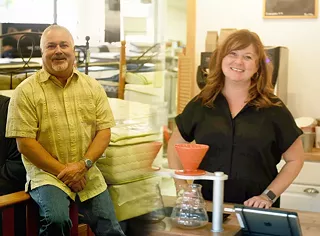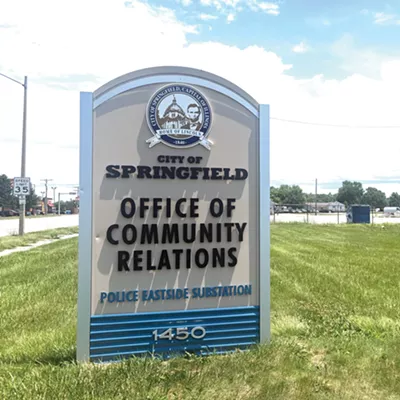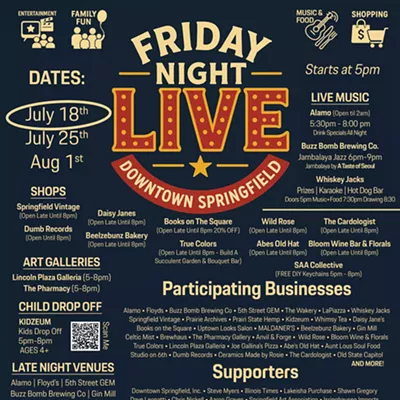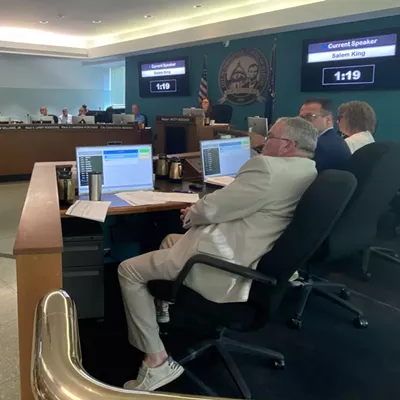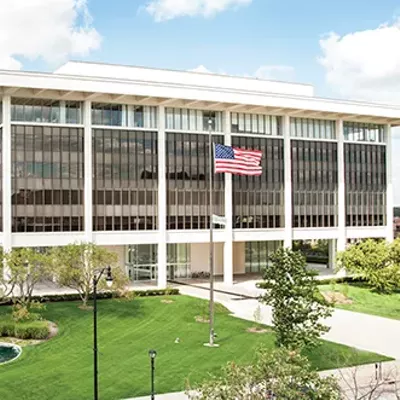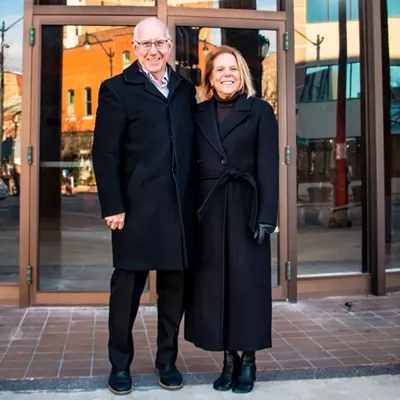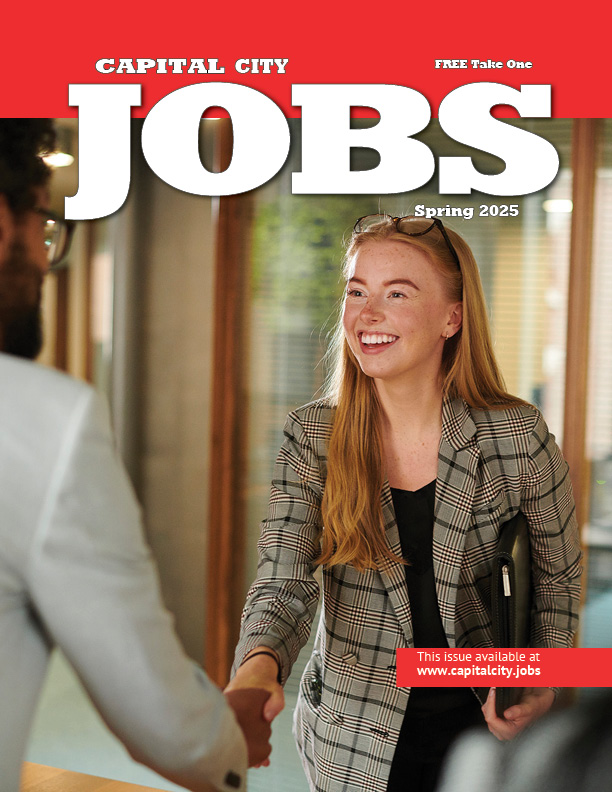BY RACHEL JOHNSON
Already struggling to compete against online stores, Just Beds store owner Steve Stimac is not in favor of a proposed one percent sales tax increase for Sangamon County. If the proposition on the November ballot passes, he says he’ll have to pass on higher costs to his customers. A $450 bed would see a $4.50 increase due to the tax, while the cost of a $7 meal at a resaurant would increase by seven cents. However, the tax would not apply to unprepared foods, prescriptions and over-the-counter medications, large vehicles such as cars and boats, or farming equipment. “I’m against it. Frankly, I think it will affect business. I think that the consumer is already taxed enough as it is. I think we’re getting into this real big city-state,” Stimac said. While Stimac made his feelings clear, some business owners have been reluctant to publically state an opinion about the proposed tax. When approached for comment, many were unaware of the upcoming referendum and confused it with the Springfield city council vote earlier this year, which raised the city’s sales tax to 8.75 percent. Approval of the school sales tax would bring Springfield’s sales tax rate to 9.75 percent, higher than comparable cities such as Peoria and Champaign, but still lower than Chicago-area communities. While the business owners interviewed were all aware that the aging school buildings in District 186 need some updating, there seemed to be no consensus on what should be done and where the funding should come from. Jeremiah Hart, a part-time college student and full-times sales manager of a local tire store, came out in favor of the tax. “I feel that the sales tax is something that is positive. I am actually a product of 186, considering that I graduated from Springfield High, and I see it as a positive thing for our schools here in Sangamon County,” he said. The tax would be used to improve existing facilities, build new ones, make additions or renovations, enhance security and improve energy efficiency. It would not be used towards salaries, textbooks, buses, computers or operating costs. Kendra Boesdorfer, who co-owns downtown business Custom Cup Coffee, has three children in the 186 district and is concerned about their safety and security, especially now that shootings are in the headlines regularly. “That’s the only reason I would go on record to support any kind of thing like this,” she said. Taxes are never popular, but are a necessity if citizens want to enjoy education for all, emergency services, roads, parks and protection. However, local businessman and former Springfield alderman Frank Edwards feels that people are taxed out. His opinion is that the current tax money raised through property taxes to benefit the schools could be better managed. “I’m not against education,” he said. “We all want the best for education.” Upon hearing that District 186 Superintendent Jennifer Gill favors updating the existing three high schools, Edwards expressed concerns. He favors consolidation. “Why not build two new high schools? It would be more efficient, better for our community,” he said. “I was a graduate of the class of 1968. In 1968, we were like a tsunami going through the schools. Our classes were huge. They put us on a split shift. I think there were over 800 kids in my senior class. That’s one school. Today, we have a little over 15,000 students and they’re still using the same model of three high schools.” When asked about that idea, District 186 coordinator of public relations Bree Hankins said that they have asked parents in the district and conducted a quantitative analysis. “Renovation of Lanphier, Southeast and Springfield provides the highest cost-benefit value and lowest 30-year life cycle costs,” she said. She also pointed out that with three high schools, more students get to participate in interscholastic athletics, performing arts and student leadership. “These activities are often what keep students engaged in core curriculum and spark interests that provide pathways to post-secondary studies and careers,” she said. Gill recently gave a presentation to the Citizens Club of Springfield explaining the proposed sales tax, what it could be used for, and the various plans for usage around the county. Retiree Lynn Frasco came to the meeting opposed to the tax. He and his children all attended parochial schools. After Gill finished speaking, he announced that he’d changed his mind. “Jennifer’s presentation was very thorough. She certainly made a nice presentation of what the goals were. It seemed like a very practical approach to improving the aging infrastructure of the schools,” he said. Local business owners will make their own choice come November. Boesdorfer has already decided. “I live in this county, and we started a small business in this county, and we raise our family in this county. My husband and I try to support the community whenever we can. This proposed plan is for the long-term betterment of our schools. It can only positively benefit our community,” she said.

